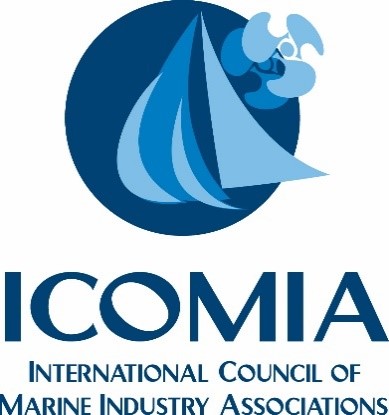Styrene Exposure Levels – 20 ppm
RRG Country: Netherlands
Australia Belgium Canada Cyprus Czech Republic Denmark Estonia Finland France Germany Greece Hong Kong Hungary Ireland Italy Japan Netherlands New Zealand Norway Poland Portugal Singapore South Africa Spain Sweden Switzerland Türkiye United Kingdom USA website@icomia.org
-
Netherlands – Health & Safety/Exposure Levels
-
Netherlands – Registration
All boats which can exceed 20km/hr national registration is required. These boats must show the registration number on both sides of the hull. The registration based on the Inland waterway directive (boats > 20m of >100 m3) can lead to 2 registration numbers. For legal reasons, boats can be registered voluntary at the Gouvernmental ‘Kadaster’.
-
Netherlands – Drivers Licences
Driving licences for all boats longer than 15m and for motorboats fasther than 20 km/hr are in force.
-
Netherlands – Product Liability
In line with EU Directives
-
Netherlands – Construction Standards and Certification
In line with the RCD.
-
Netherlands – Environment
Legislation for black (toilet) water onboard is in force since 1-1-2009, written as “not allowed to discrage any black water from pleasure crafts”. The use of a certified treatment system will be able from 2019. Ban on copper based anti-foulings is no longer in force, however, biocide based antifouling is only allowed when the product is permitted by national authorities. Styrene limits are in line with EU directives. Legislation for limits on wood-dust emissions at industry, VOC in paint and also for welding exhaust emissions are in force.
-
Netherlands – Taxation
21.0% VAT in force.
-
Netherlands – Zero Emission Zones
Amsterdam has announced that from 2025 onward all engine powered craft with “city limits” must be climate neutral (= electric). Likely that this will be followed by other municipalities with inner city canals.There are no national incentives to promote electric powered craft.There is a growing popularity with boat rental operators to rent out electric powered craft, partly due to the fact they are renting boats in nature park areas, other the political climate in the Netherlands which makes one look “green” (= good). Not for marine. Interestingly enough the Dutch government is tuning down the incentives on electric mobility, with even talks of introducing usage taxes (ie road tax) for EV as ICE powered vehicles reduce in number. The creation of electric drive only zones is up to local municipalities or province, there is no national coordinated approach. Finding where electric drive zones are is very difficult. The city of Amsterdam has announced it will allow only electric drives on the inner city canals from 2020. Latest development in the Netherlands is a high court ruling on NOx, which has now brought many (infrastructure) projects to a grinding halt (127 large government projects, thousands of small private projects).
-
Netherlands – Safety Equipment
Besides the legislation in the Inland Waterway directive, boats > 20m of >100 m3, there is no additional legislation in force. HISWA Holland Marine Industry runs a voluntary LPG certification system, as well as a system for Electricity, rigging and fire protection.
The dutch marine industry developed a certification system for Electricity, same as the Gas system underneath. A system for rigging is expected in 2014. HISWA Holland Marine Industry started with a LPG certification system, not only for the recreational craft but also for the Dutch Marine Industry Companies. Based on ISO 10239. The same system is now used for Electrical equipment and alarm systems.
